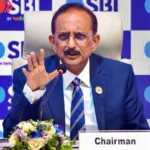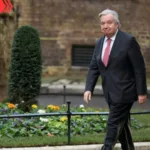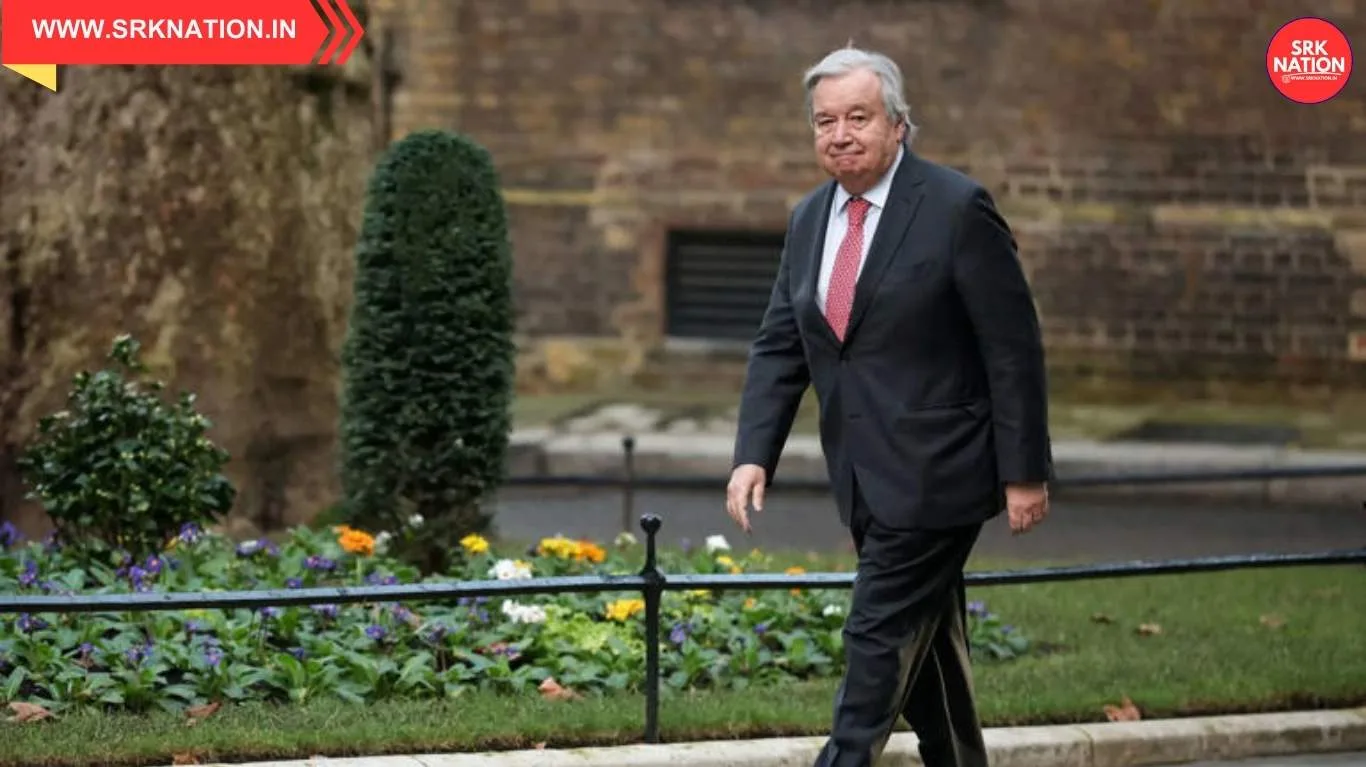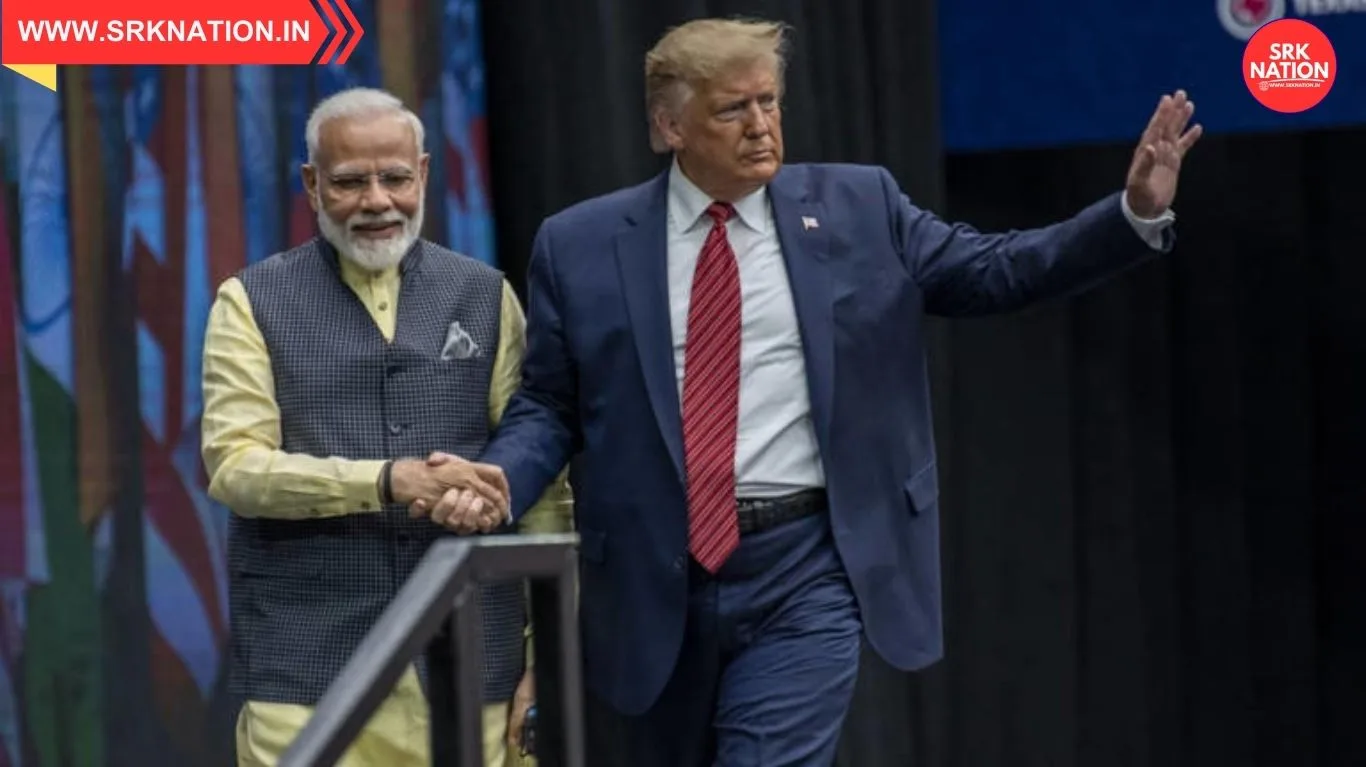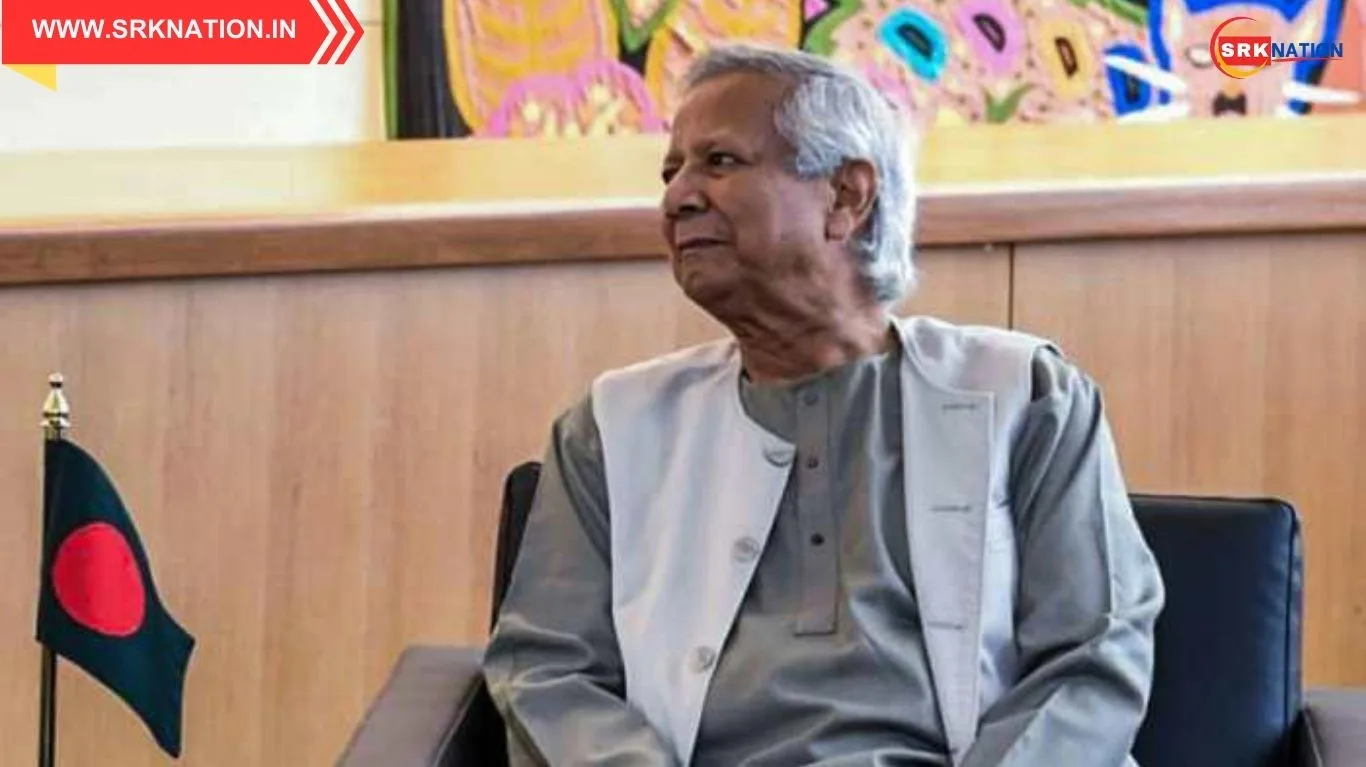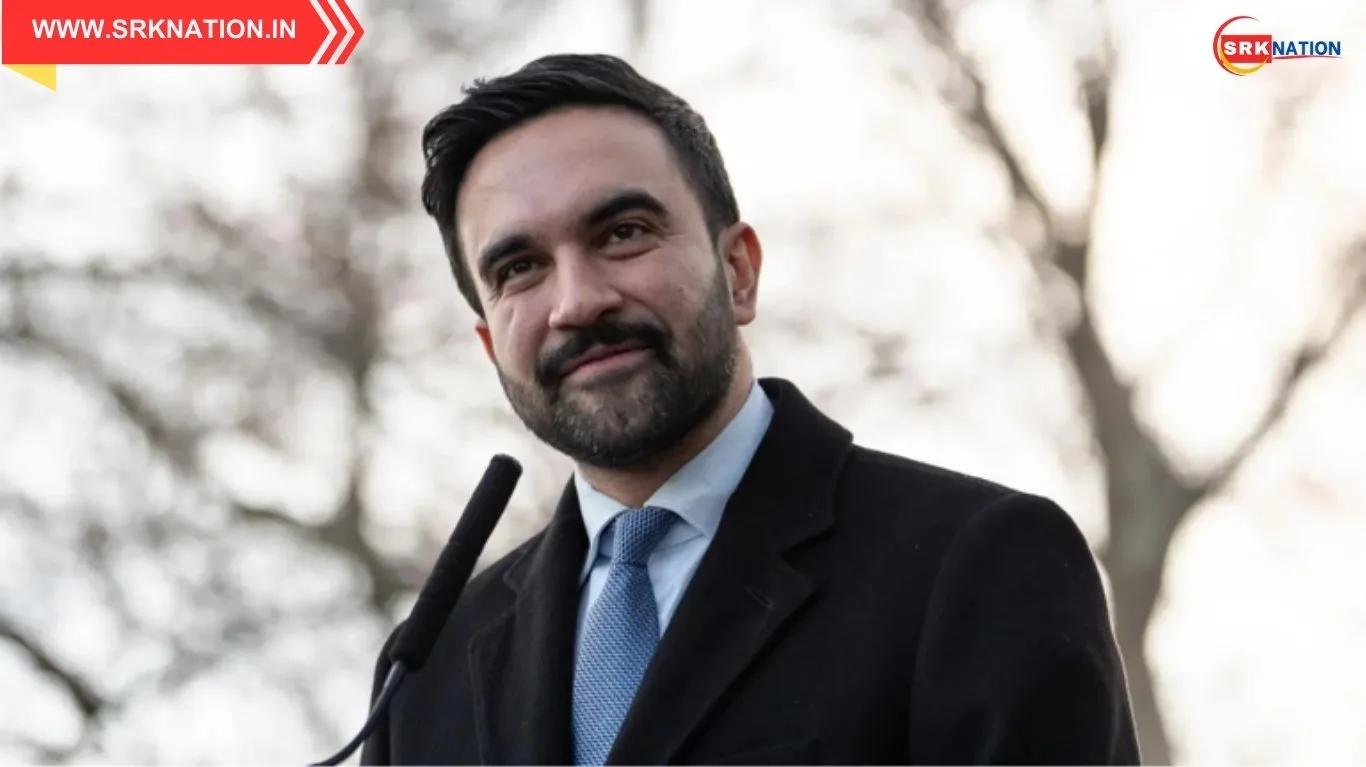In a striking and sobering statement, Pakistan Prime Minister Shehbaz Sharif has issued a stern warning to his administration over delays in executing key projects under the China-Pakistan Economic Corridor (CPEC) 2.0. Calling China a “great friend and brother,” Sharif emphasized that the current phase of CPEC is Pakistan’s last opportunity to leverage Chinese investment and expertise. “History will never forgive us if we fail to take advantage of this opportunity,” he declared during a high-level meeting in Islamabad on September 21.
The Prime Minister’s remarks come amid growing concerns over bureaucratic inertia and missed deadlines in implementing over $8 billion worth of CPEC 2.0 projects. These include critical infrastructure upgrades, Special Economic Zones (SEZs), and strategic investments in agriculture, mining, and digital connectivity. Sharif made it clear that no complacency or delay would be tolerated, and ministries responsible for execution would face strict action if targets are not met.
CPEC 2.0: Strategic Focus Areas and Investment Breakdown
| Sector | Investment Focus | Estimated Value (USD) |
|---|---|---|
| Agriculture | Modernization, irrigation, agri-tech | $1.2 billion |
| Special Economic Zones | Industrial clusters, export hubs | $2.5 billion |
| Mining & Minerals | Exploration, processing infrastructure | $1.8 billion |
| Transport | Karakoram Highway upgrade, ML-1 rail line | $1.5 billion |
| Digital & IT | Fiber optics, smart cities, e-governance | $1.0 billion |
Sharif’s comments followed his recent visit to China, where he attended the Shanghai Cooperation Organisation (SCO) Summit in Tianjin and held bilateral meetings with President Xi Jinping and Premier Li Qiang. During the visit, Pakistan and China signed MoUs worth $8.5 billion at the Pakistan-China B2B Investment Conference in Beijing. The Prime Minister praised the success of the conference but stressed that agreements must be converted into binding joint ventures without delay.
The urgency in Sharif’s tone reflects Pakistan’s precarious economic situation. With foreign reserves dwindling and inflation surging, the country is banking on Chinese investment to stabilize its economy and accelerate development. CPEC, launched in 2015, has already brought significant infrastructure improvements, but critics argue that the benefits have not been evenly distributed and that governance lapses have slowed progress.
Sharif’s warning is also a response to growing skepticism within China over Pakistan’s ability to deliver. Chinese firms have reportedly expressed frustration over red tape, land acquisition delays, and inconsistent policy frameworks. The Prime Minister acknowledged these concerns and urged ministries to work “wholeheartedly” to ensure success. “The government is answerable to the people and accountable for results,” he said.
Key Highlights from PM Shehbaz Sharif’s Statement on CPEC
| Statement Element | Summary of Remarks |
|---|---|
| Tone of Address | Stern, urgent, accountability-driven |
| Reference to China | “Great friend and brother” |
| Warning to Ministries | No delay or complacency will be tolerated |
| Historical Responsibility | “History will never forgive us…” |
| Focus on Execution | Agreements must become binding joint ventures |
| Strategic Vision | CPEC 2.0 to drive agriculture, SEZs, mining, and digital growth |
The Prime Minister’s remarks have sparked a wave of reactions across Pakistan’s political and business landscape. Opposition leaders have accused the government of mismanaging earlier phases of CPEC and questioned whether the new urgency is merely political posturing. However, business leaders welcomed the renewed focus, calling it essential for restoring investor confidence.
China’s response has been measured but optimistic. Premier Li Qiang reaffirmed Beijing’s commitment to CPEC and praised Pakistan’s efforts to deepen bilateral cooperation. Both sides agreed to expedite the operationalization of Gwadar Port, realignment of the Karakoram Highway, and early implementation of the ML-1 railway project.
Sharif also highlighted the importance of transparency and public engagement. He directed ministries to publish progress reports and engage with local stakeholders to ensure inclusive development. “CPEC is not just about roads and ports. It’s about transforming lives,” he said.
The Prime Minister’s call to action comes at a critical juncture. With global economic headwinds and regional instability, Pakistan must demonstrate reliability and efficiency to retain China’s trust. The success of CPEC 2.0 could redefine Pakistan’s economic trajectory and its role in regional connectivity under China’s Belt and Road Initiative (BRI).
CPEC Timeline and Milestones
| Year | Milestone | Status |
|---|---|---|
| 2015 | CPEC officially launched | Completed |
| 2017 | Gwadar Port operational | Partially active |
| 2019 | SEZs announced under Phase 1 | Delayed |
| 2023 | ML-1 railway project approved | Awaiting execution |
| 2025 | CPEC 2.0 MoUs signed | In progress |
As Pakistan braces for the next phase of CPEC, the stakes have never been higher. Prime Minister Shehbaz Sharif’s message is clear: the time for delays is over, and the nation must rise to the occasion. Whether his administration can deliver on this promise remains to be seen, but the warning has been issued—and history, as he said, will be watching.
Disclaimer: This article is based on publicly available government statements, media reports, and official briefings. It does not reflect any political stance or endorsement. All quotes are attributed to public figures as per coverage. The content is intended for editorial and informational purposes only.


